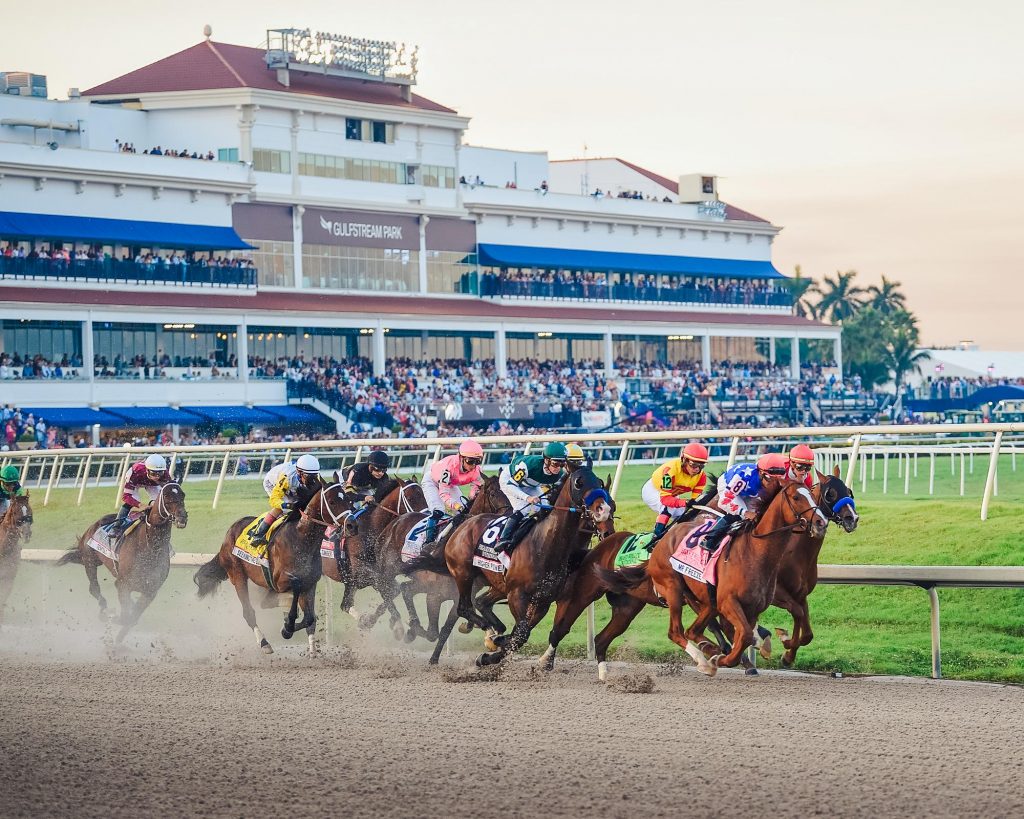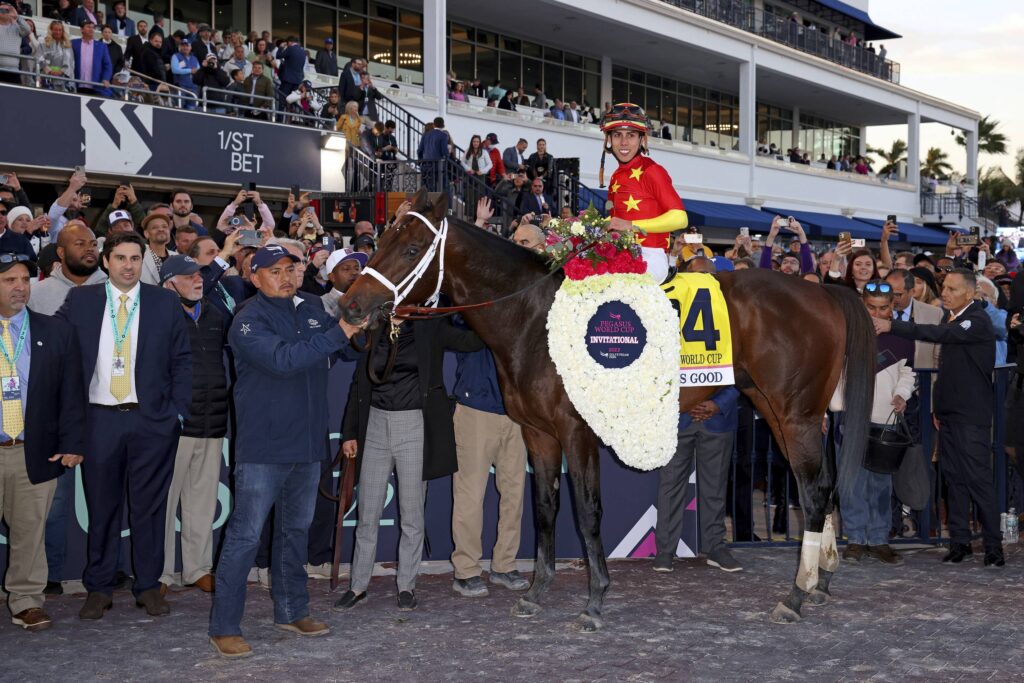With a $3 million purse, the 2022 Pegasus World Cup is one of America’s richest races of the year. Moreover, even though the race was only inaugurated in 2017, it has already established itself as South Florida’s leading sports event of the year.
The schedule of the race and the fact that the competition is open to horses four years old and above helped garner the event a lot of betting interest among horse racing fans. If you’re interested in making a wager in the next season of the Pegasus World Cup, you’re in luck! Below, we write down five things to consider when betting, so you can improve your odds of winning.
Records
Knowing the past performance of the horses will help you become more confident about who to bet on. Due to this, you must look at the record of the horses. Reading the form will tell you a horse’s win percentage throughout its career and other statistics such as its average lifetime earnings, off-track earnings, and turf earnings.
Other information you should be on the lookout for when reading the data from a horse’s past races includes how many horses they raced against, the distance of the race, their odds, and how quickly they ran the race.
However, reading the horse form can be confusing if you’re a beginner. If that’s the case, you should only concentrate on the basic trends and determine if the horse consistently has good results in a race. Alternatively, when making your bet, you can factor in many of the TVG 2023 Pegasus picks you can find on the internet made by experts.
Time of the Year/Weather

Looking through their form, you might notice that some horses run better in certain seasons. A horse’s performance varies on the time of the year, primarily due to their individual training plan and ground preference. As such, bettors should also consider the season or the weather when betting for the Pegasus World Cup.
For example, in turf racing, where the competition is held on grass, weather conditions heavily impact the race results. If the grass has hardened like dirt due to the lack of rain in the past few days, horses used to softer racing tracks may have difficulty running.
On the other hand, racing in the rain will mean that the ground has become yielding. Hence, the horse’s foot sinks deeper, and the race will now depend on which horse has the most endurance rather than speed.
Running Style
Much like how humans have their own personalities, horses also have their own way of running. If you didn’t know, Thoroughbreds have three main running styles: front-runners, stalkers, and closers.
Frontrunners are those who like to lead the race the moment it starts. They perform well if they get to start the race strong and keep the lead until it ends. Meanwhile, stalkers are horses who aren’t so determined to leave the gate but will be able to outrun the tiring leaders once their jockey asks them to. Finally, closers are those who sit back and conserve their energy for most of the race but can cover a lot of ground in a short period.
A background knowledge of the horses’ running styles will be handy when making your bets. For instance, if you notice that most horses have the same front-running style, you can guess that closers might have a better chance of winning when the majority has tired out.
Pedigree
Some horse breeds are known for certain traits that can prove helpful during a race. Because of this, breeders have been pairing parents most likely to produce successful racehorses. While a horse’s family history or pedigree isn’t the most critical factor when making a bet, it can provide important insights when the horse is trying something new for the first time.
For example, a horse’s dirt pedigree rating tells you the suitability of its breeding when racing on a dirt track. Depending on the race you’re betting on, other pedigree ratings that you might look for include mud, turf, and distance.
Trainer and Jockey

Of course, when considering which horse to bet on, one must remember to count the humans surrounding each horse. The jockey, for instance, is the one in control of the horse’s pace during the race. They should be able to direct and encourage the horse while applying strategy to ensure a win.
On the other hand, trainers work with the horses to prepare them for events and races. They are responsible for various things, like pairing the horses with the right jockey and having them wear proper racing gear during a race. Seeing how vital the roles of the trainer and jockey are when handling a competing horse, you should pay attention to the team with the hot streak and higher winning percentages.
Final Thoughts
Before making a wager, a bettor must take a moment to think about the different factors affecting a horse’s performance. Luck may play a role in races, but relying on statistics and research will definitely help when building your winning sports betting strategy.
Come check out Belly Up Sports on Twitter for more sports and entertainment news and content.






